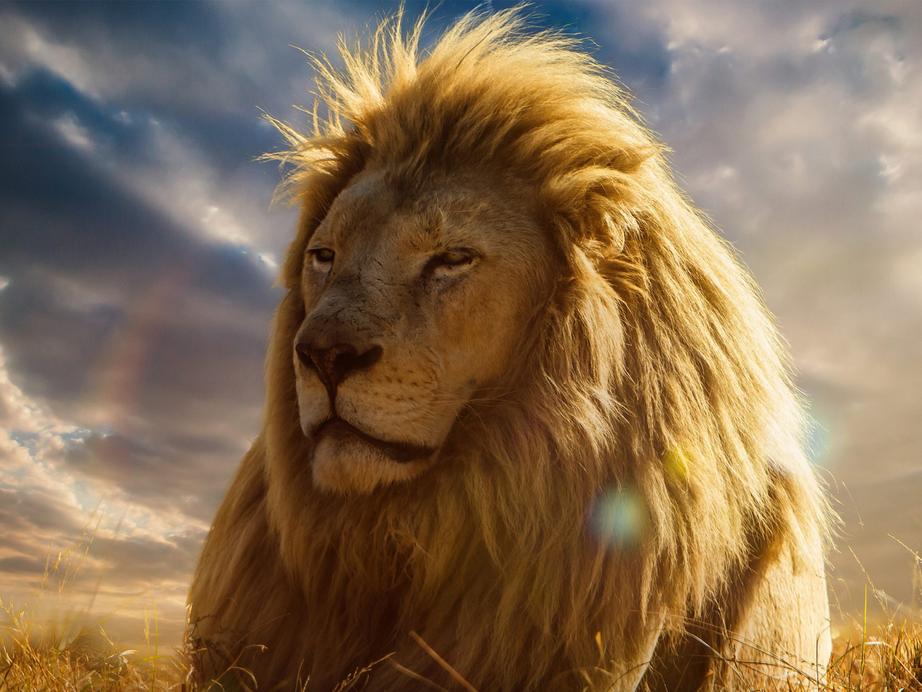Keeping the king alive? Lion breeding in Zimbabwe
In Zimbabwe, some conservationists are breeding lions to ensure these vulnerable apex predators don't die out. A number of African countries are already reporting that lions are no longer present in their national parks.
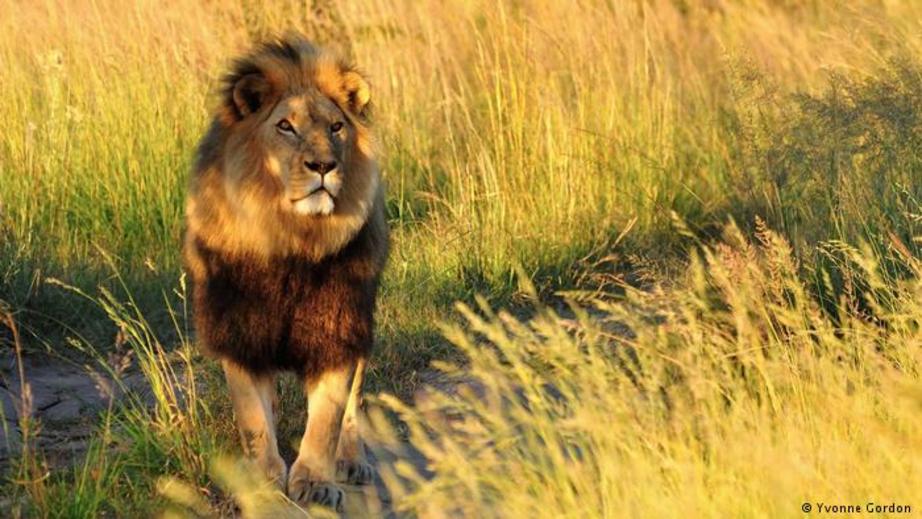
As night falls, intruders stalk onto Lorra Sibanda's property at the edge of a vast bushland in Zimbabwe. The next day, the 42-year-old wakes to find the savaged caracases of her cattle and goats.
"If I hear them coming, usually at night, I alert the [neighbor] boys to come and kill them," Sibanda told DW.
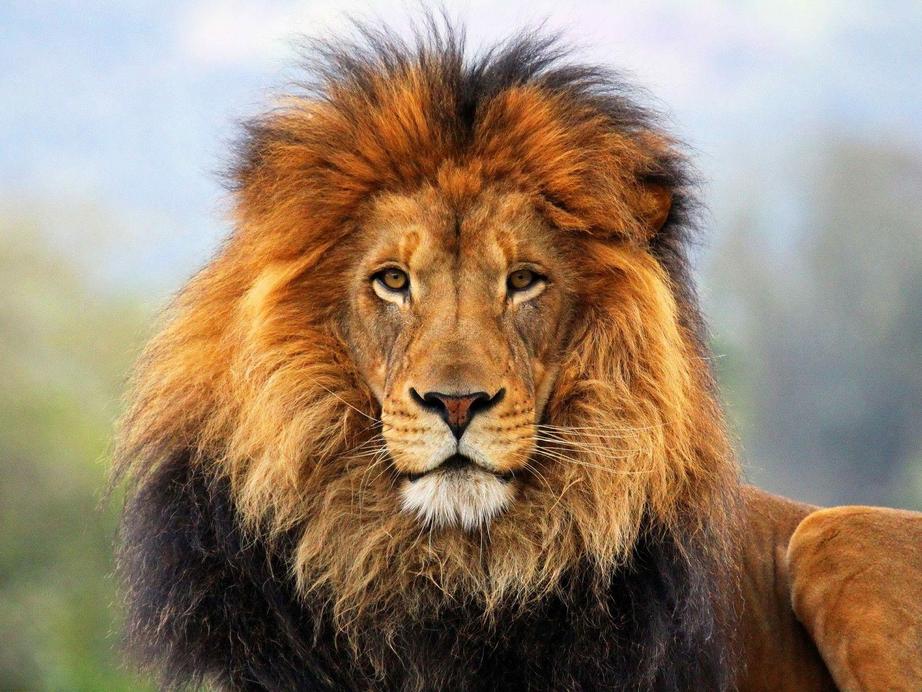
Sibanda is referring to the lions that live in Hwange National Park, which borders her farm. She could have more than 20 livestock, she says, which would be an impressive holding for the area. But the voracious lions have whittled her inventory down to just three cattle and six goats.
"I now depend on others to help me, when I could have been helping others," she says of the lion attacks, which have damaged her livelihood.
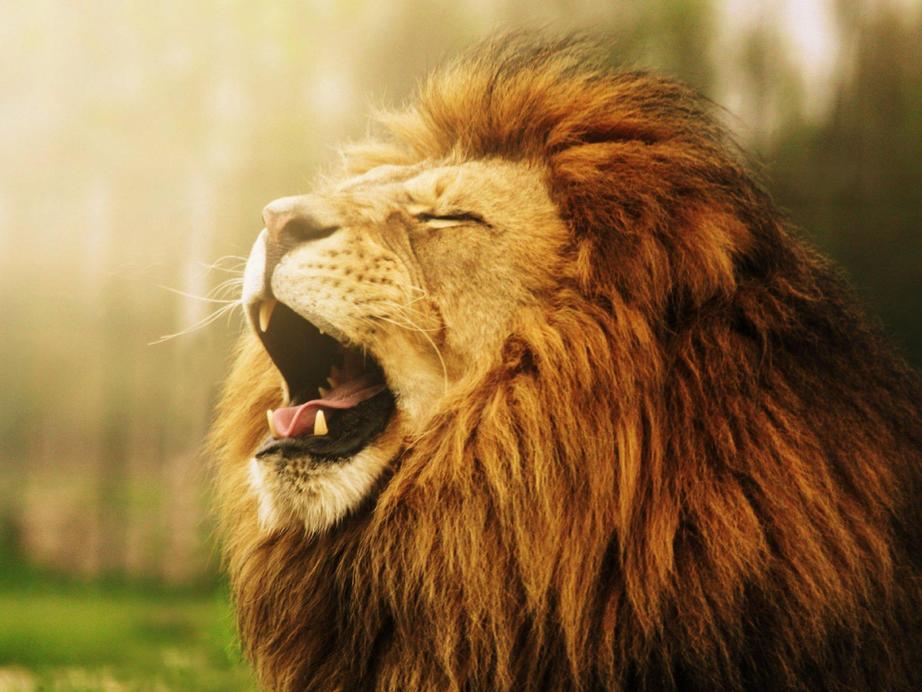
It is exactly this kind of conflict between humans and wildlife that the African Lion and Environmental Research Trust (ALERT), which is dedicated to the conservation of the big cat, says has contributed to the collapse of the continent's lion populations.
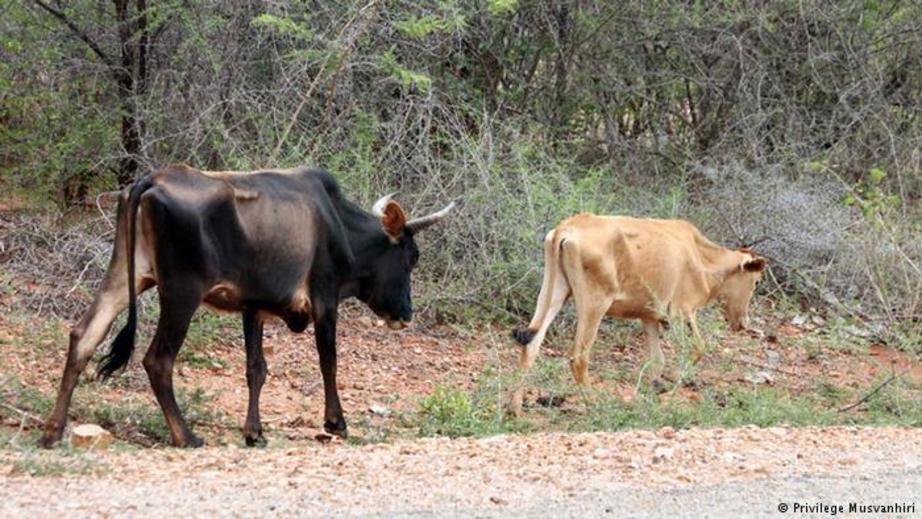
Farmers living near lion habitats fear for their cattle — the source of their food and livelihoods
With the animals facing a variety of other threats, including habitat loss and poaching, ALERT is trying to boost numbers with a pilot conservation program based on raising money from tourism in order to breed lions and then release them into the wild.
"We want to restock national parks of different areas within Africa where the lion population has dropped drastically, or is close to zero," Ngaatendwe Chemambo explained to DW. Chemambo is operations manager at Antelope Park, about 300 kilometers (186 miles) south of Zimbabwe's capital Harare, where ALERT is headquartered.
Lion tourism — help or hindrance?
So what are they doing to achieve this?
Currently, some 113 lions live alongside elephants, zebras, giraffes, kudus, impalas, hartebeests, wildebeests and other animals at Antelope Park, a private game reserve which offers guests overnight accommodation and "wildlife experiences," such as walking with lions for a fee.
Money raised from these tourism activities then goes to ALERT's conservation efforts, such as breeding and preparing lions for release into the wild.
The reserve has come under criticism in the past. In 2008, British newspaper The Sunday Times reported that more than 50 lion cubs bred there were sold to big-game-hunting operations to be shot for sport.
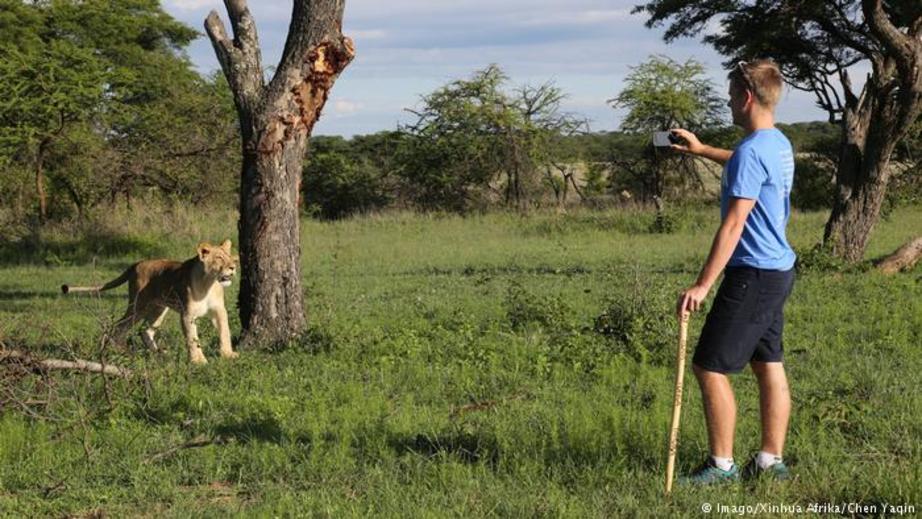
Lion walks at Antelope Park are part of a fundraising efforts to finance lion conservation programs, according to the park
Antelope Park representatives denied to DW that it was in any way involved with trophy hunting. Even so, the tourism/breeding/release services the park does openly provide are themselves controversial.
A comprehensive 2012 study in Oryx, a Cambridge University Press journal of conservation issues, found that "captive-origin lions have no role in species restoration," and that "approaches to reintroduction exemplified by the lion encounter industry do not address the reasons for the decline of lions in situ, nor do they represent a model that can be widely applied to restoration of threatened felids elsewhere."
Organizations such as ALERT argue that money from "lion encounter" tourism helps toward conservation efforts, as it can encourage organized breeding, which can in turn lead to the release of more lions into the wild. If the money was not coming from this tourism source, it would not be coming at all, they argue.
According to Chemambo, the five lions — four female and one male — they plan to soon release into one as yet unnamed national park in Zimbabwe have so far had no interaction with humans, which they see as an important pillar of their system.
"Once it is successful, we are taking it to other parts of Africa," said Chemambo, who added that ALERT is running a similar pilot program in Zambia, and is in talks with the government of Burundi, which is also interested in boosting its own severely depleted lion numbers.
Saving lions to benefit communities?
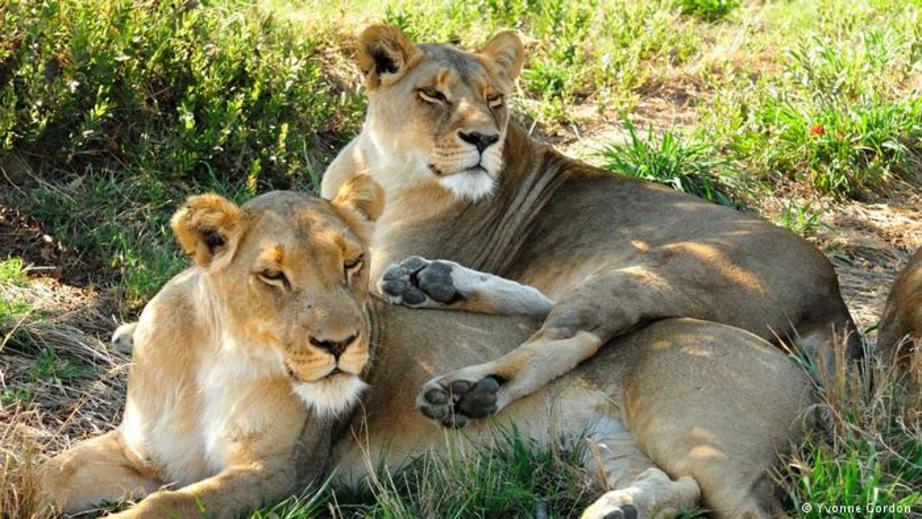
Lion populations have increased in countries such as Zimbabwe thanks to conservation efforts, say local authorities
While the International Union for Conservation of Nature's (IUCN) Red List of Threatened Species categorizes lions as "vulnerable," the population in countries such as South Africa and Zimbabwe has grown in recent years.
That's largely thanks to conservation efforts that involve the local community, said Tinashe Farawo, a spokesperson with the Zimbabwe Parks and Wildlife Management Authority, in an interview with DW.
"As Africa, we should speak with one voice when it comes to wildlife conservation, and support sustainable utilization for the benefit of future generations," said Farawo, adding that Zimbabwe would continue to promote a method of conservation that aims to both educate locals and provide them with tangible signs that conservation helps their communities.
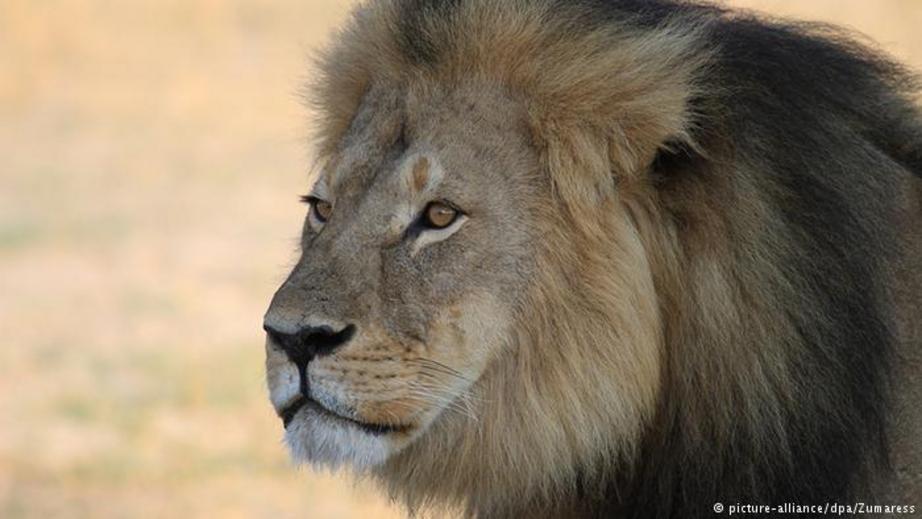
"Sustainable utilization" is a conservation philosophy that allows for managed hunting of wild animals for a fee. A hunter can pay to shoot a lion, for example, but the fee should then benefit the local community.
For instance, the cash could go toward drilling a borehole to locate water for a well, or building fences around farmland to protect livestock.
The concept behind the strategy is that such actions will cause the community to value the animals more. In turn, people will be less tempted to poach them because they will see a direct benefit in keeping lions around and have less reason to fear them — or so the thinking goes.
If lion breeding and release programs are to work, they will need to go hand-in-hand with strategies to convince rural Africans of the animal's importance, say experts. Indeed people have reason to fear lions, acknowledges Antelope Park.
"People are afraid of lions," said Chemambo. "So when people see a lion, or know someone whose animals have been attacked by lions, the first thought is to kill every lion that comes within range."
Tough road ahead

Although, Cecil the lion was a local favorite, some Zimbabweans were bemused over the media frenzy following his killing
Winning over rural Africans to lion conservation and breeding programs will become more important in the future, believes Chemambo, especially if the continent's current population of 1.2 billion will double by 2050, as the United Nations predicts. Such a population increase would put even more pressure on lion habitats, with the animals much more likely to encounter humans.
Sibanda remains skeptical. She says she was one of the Zimbabweans who scoffed at the media frenzy created when Cecil the lion was killed on the boundary of Hwange National Park by an American dentist.
"I am still puzzled why people consider lions special. Special for what?" asked Sibanda. "I have lost countless goats and cattle to lions. Now you tell me they want to breed them? Why? It does not make sense to me."
The strange use of animal parts
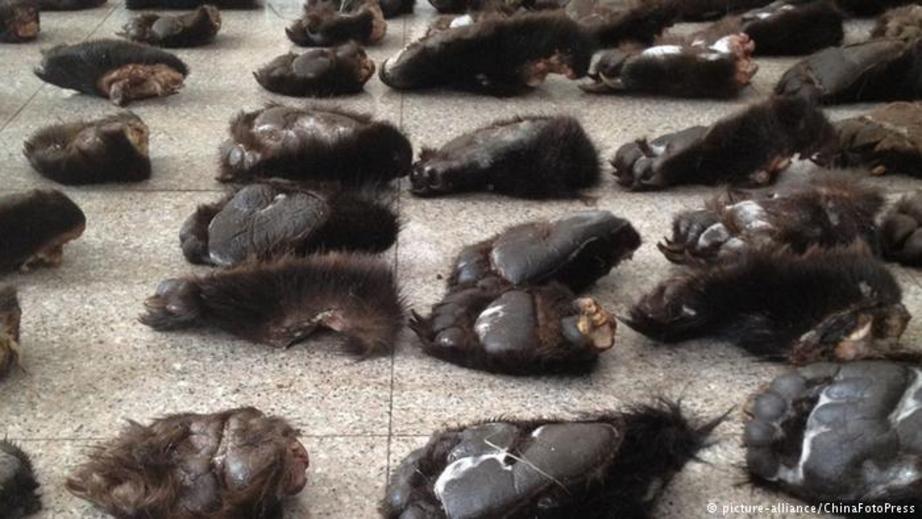
An antiquated status symbol
That ivory and rhino horn have a destructive market value is a well-established fact, but they are by no means the only animals caught, tortured and killed for their body parts. Bears are not only hunted for their bile, which is painfully extracted for human medicinal use, but their paws are still sold as a dining delicacy in some Asian countries.
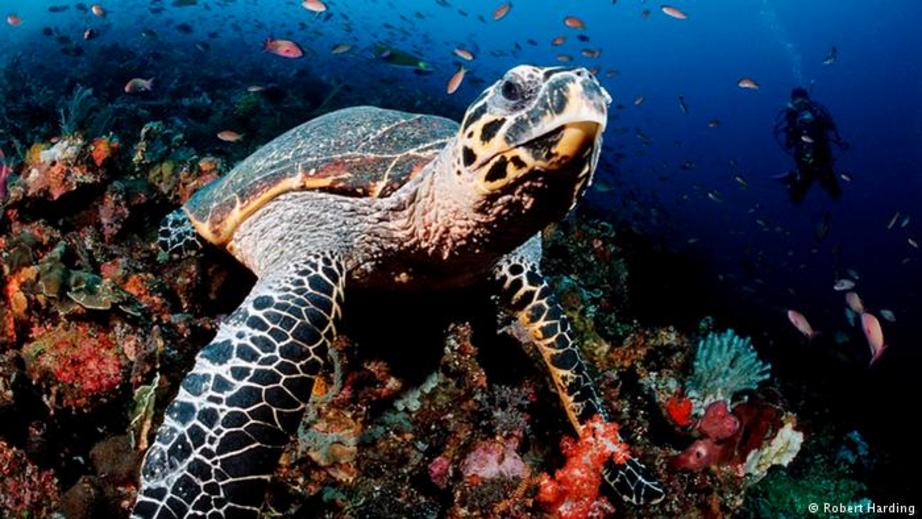
Tortoiseshell in your hair?
The use of tortoiseshell dates back centuries, when it was used in such things as jewelry, hair accessories or maquetry. Although the Hawksbill turtle, from which it is derived, is officially listed as "critically endangered", and trade in tortoiseshell was banned in 1973, products made from the majestic creatures' carapace continues in many parts of the world.
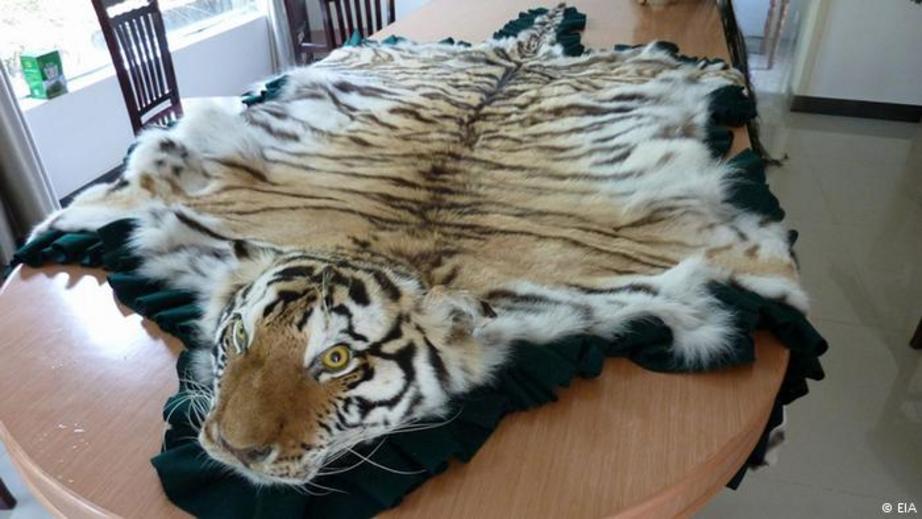
Tiger bone wine
Tigers are highly sought after not only for their skins, which are laid out as a status symbol in some wealthy Chinese circles, but for their bones which is made into wine and promoted as a treatment for rheumatism and impotence. A 2015 report by the London-based Environmental Investigation Agency, recorded "sauté tiger meat" on a menu in a Laos restaurant too.
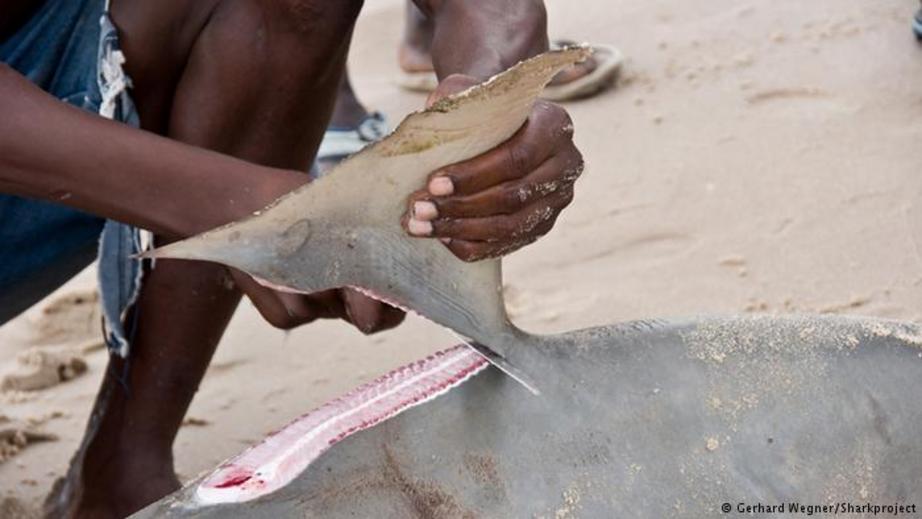
A death sentence
Shark fin soup is a delicacy in parts of Asia. It serves as a thickening agent but brings little in the way of taste to the dish, which is often flavored with chicken stock. When sharks are finned, they lose the ability to swim. But as their flesh is of little value, they are thrown back into the water alive. They sink, and over a period of several days, slowly succumb to their gruesome fate.
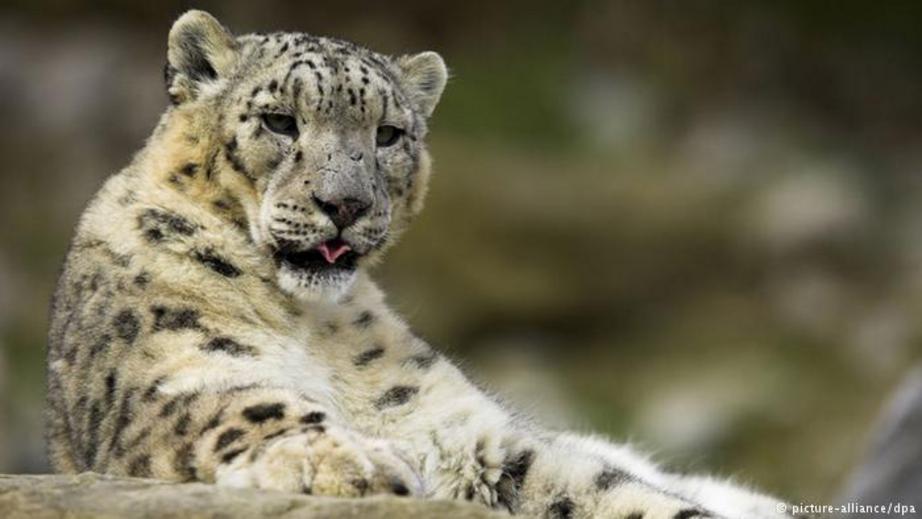
Original leopard print
Like tigers, snow leopards are poached for their skins which are used for making clothes in Central Asia, Eastern Europe and Russia. Also like tigers, their bones are in demand for use in traditional Asian medicine. They are sometimes captured for private animal collections. There are thought to be just 4,000 of the animals left in the wild.
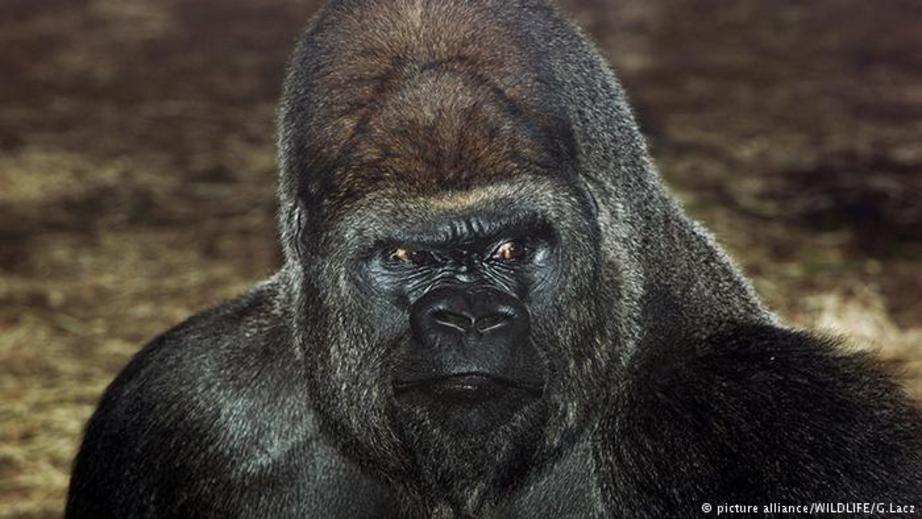
A gorilla trophy
Gorillas are poached for their meat, which can fetch a higher price than other bushmeat, such as bats. But there are also reports of this endangered species falling victim to trophy hunting, which as the name suggests sees the animal slaughtered in order to sell body parts to the wealthy.
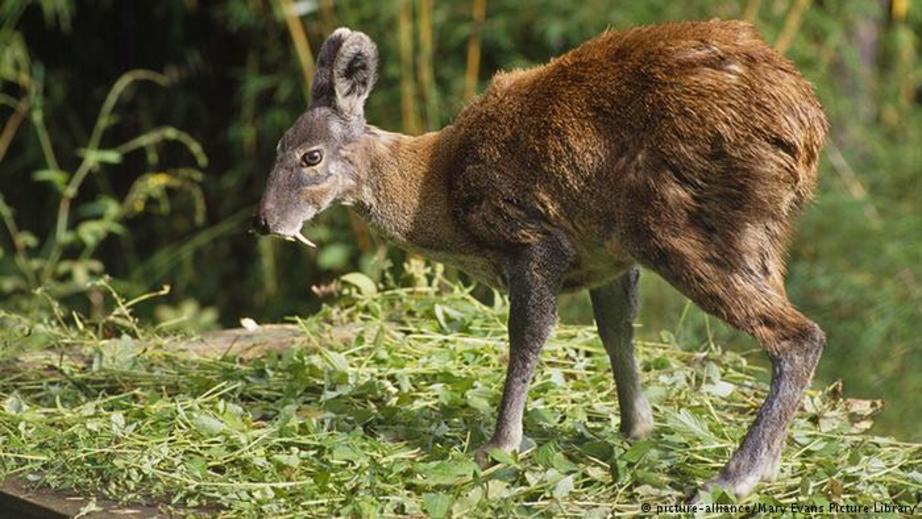
For its smell
The musk deer is in demand among poachers for its scent glands, also known as musk pods, which are used in the production of perfume. Although the pods can be removed without the animal being killed, poachers often slaughter them. The animal is protected under the Convention on International Trade in Endangered Species, but the practice continues.
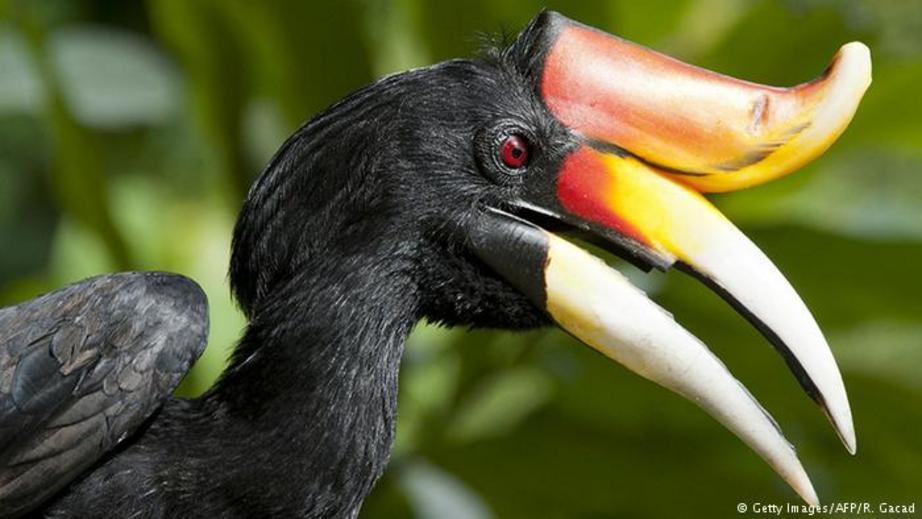
Feathers, pets and horn
The rhinoceros hornbill seen here is under threat from poachers who target it for its feathers and for the pet market. But other birds in the family, such as the helmeted hornbill are snatched for the horn that gives them their name. Like ivory, it is valuable and is used to carve ornate figurines or as belt buckles and other such accessories.
For full references please use source link below.

